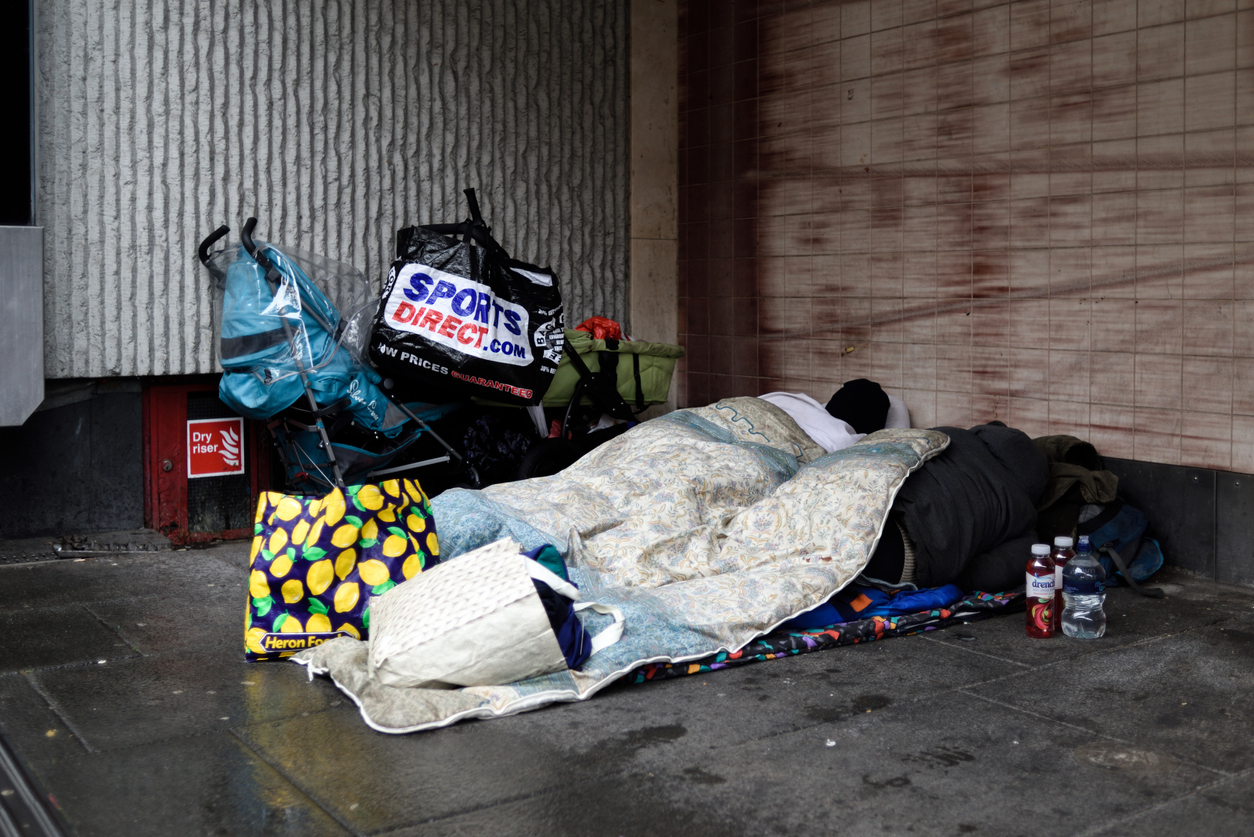This article explores the inherent connection between stable housing and mental wellness.
The Impact of Housing on Mental Health
Research consistently shows the impact of stable housing on mental well-being. Unstable living conditions often exacerbate mental health conditions, creating a vicious cycle that is challenging to break. Studies highlight that people with secure housing experience improved mental health outcomes, revealing a direct correlation between stable living conditions and psychological well-being.
Challenges Faced by People with Mental Health Conditions in Securing Stable Housing
Despite the connection between mental health and housing, many individuals face challenges in securing stable living arrangements. Discrimination and stigma surrounding mental health contribute to housing insecurity, while financial barriers, limited housing options and an absence of accessible support services, exacerbate the problem. Addressing these challenges is paramount in creating an environment where people with mental health conditions can thrive.
Breaking the Cycle: Integrated Approaches
Breaking the cycle of housing instability and mental health challenges requires a multifaceted approach. Collaboration between the mental health and housing sectors is essential. Successful integrated programs demonstrate the effectiveness of combining resources and expertise to address the complex needs of people suffering from mental illness. Community support plays a vital role in creating stable housing for those with long-term mental health conditions, emphasising the importance of holistic approaches in promoting lasting well-being.
That’s why Bridge focuses on delivering a holistic recovery program which covers all these bases, securing housing, and supporting people throughout their mental health recovery journey, no matter what level of support is required, with the ultimate aim of them living independently in the community.
Addressing Homelessness and Mental Health
Strategies aimed at preventing homelessness among people with mental health conditions are critical. Supportive housing models, designed to meet their unique needs, show promising results in reducing homelessness and improving mental health outcomes. By addressing the root causes, society can create a more compassionate and practical approach to supporting vulnerable people.
The Economic and Societal Benefits of Stable Housing
Investing in stable housing as part of a mental health recovery journey yields positive outcomes and proves cost-effective for society. Reduced burdens on emergency services and healthcare systems translate into long-term benefits. Stable housing contributes to the overall well-being of communities, promoting resilience and minimising costs associated with mental ill health. Mental Health Commissioners around the South East have been surprised at the cost savings Bridge can achieve by solving problems around housing, skills and support needs.
Bridge Support
The journey from in-patient care to independent living is fraught with challenges, and Bridge Support has developed unique care pathways to guide people through their journey.
Recognising the complex transition from secure hospital units to independent living, Bridge developed our Bridge Back Home service, to ensure that those ready to be discharged from hospital can do so as efficiently as possible. Bridge Back Home removes the barriers to hospital discharge, e.g. housing and support, that prevent people from moving to the next stage in their recovery.
Bridge Support’s high-support facilities prioritise stable housing, skill-building and resilience. Differentiating itself from traditional high-dependency providers, Bridge Support empowers clients with practical life skills, enhancing self-esteem and confidence while ensuring economic efficiency.
When they’re prepared, clients move on to medium support, where the path towards independence is addressed through a client-centred approach, gradually easing clients into managing life’s responsibilities.
The transition to flexible support emphasises ongoing assistance tailored to specific needs, providing on-demand help, and creating genuine and lasting bonds of friendship. The ultimate goal, which is true of many clients who’ve been through our recovery pathways, is independent living in the community, with much less chance of relapse.
For more information, contact us here.

